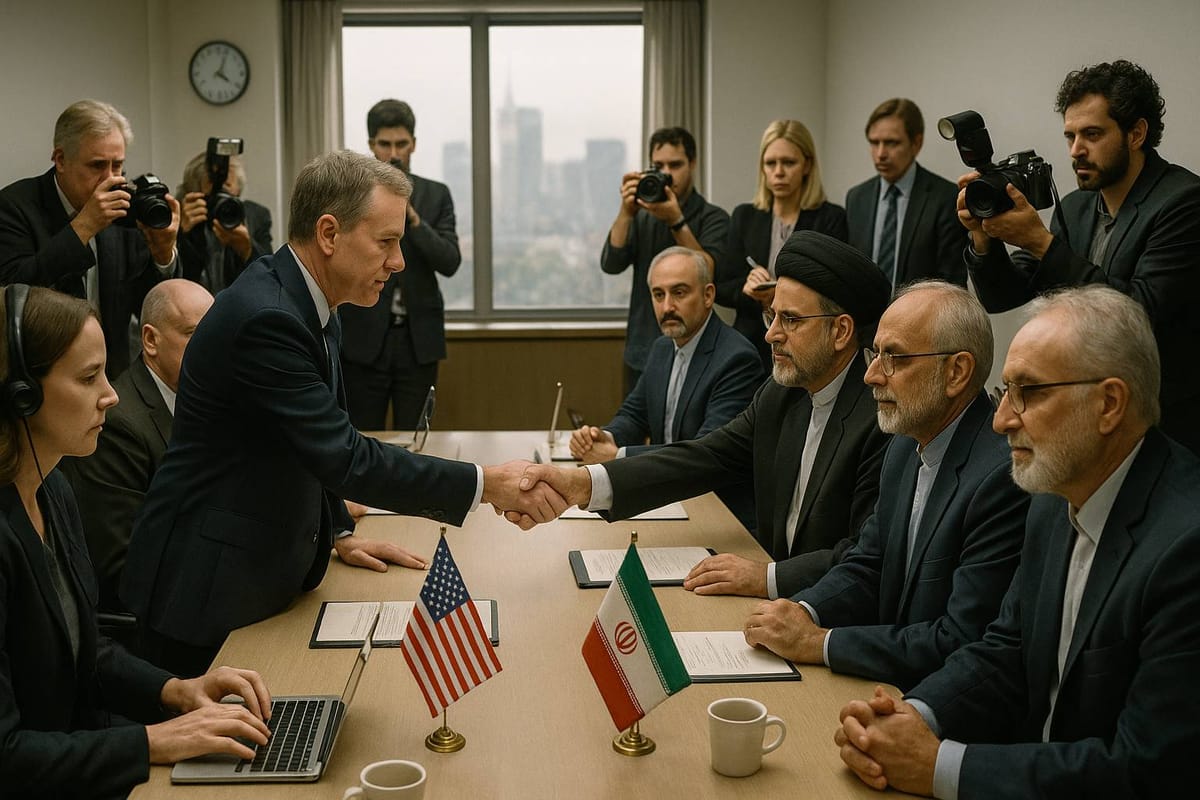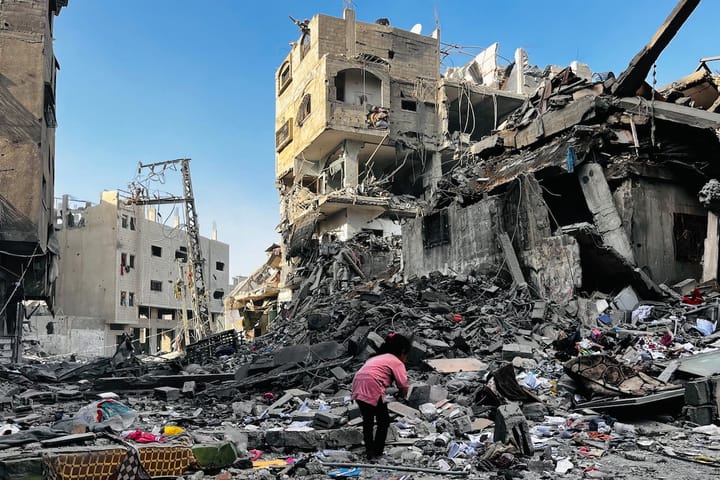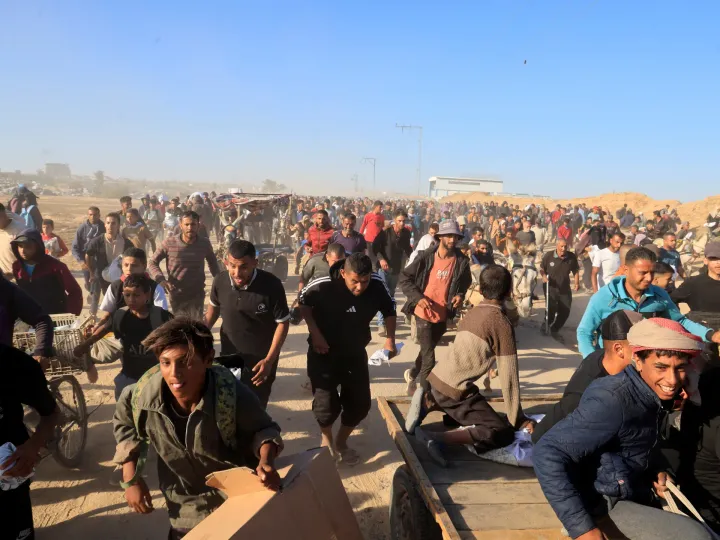US and Iran Agree on Nuclear Talks
The US and Iran will start nuclear negotiations to strengthen the ceasefire, opening new opportunities for peace in the Middle East.

The United States and Iran are scheduled to begin crucial talks next week regarding Iran’s nuclear program and efforts to strengthen the ceasefire between Israel and Iran. The official announcement from US President Donald Trump marks a new chapter in Middle Eastern diplomacy, a region long marred by tensions, proxy conflicts, and global fears of a nuclear arms race. The main issues addressed in these negotiations include transparency of Iran's nuclear program, international inspections, and commitments to de-escalate military tensions in the region. This diplomatic step is receiving broad international attention as it is seen as a turning point in resolving a crisis that has long shadowed the area.
Negotiation Focus: Nuclear Program and Ceasefire
The US government emphasizes that the primary goal of these negotiations is to ensure Iran’s nuclear program remains peaceful and complies with international non-proliferation standards. Additionally, the talks aim to reinforce the fragile ceasefire between Israel and Iran, which has often been threatened by armed incidents and military operations in sensitive areas such as Syria and Lebanon.
Official White House sources state that the preliminary agenda will include nuclear monitoring by the International Atomic Energy Agency (IAEA), open access for inspections, and new oversight mechanisms. Iran has also signaled its openness to negotiations, as long as its rights as a sovereign nation are respected and the issue of economic sanctions is included on the agenda.
International Response and Prospects for Peace
The announcement was immediately welcomed by European countries, including Germany, France, and the United Kingdom, which have been involved in the Joint Comprehensive Plan of Action (JCPOA) since 2015. The European Union has expressed full support for the diplomatic process between the United States and Iran.
On the other hand, Israel has openly expressed caution, demanding strong guarantees that Iran will not use its nuclear program for military purposes. The Israeli Prime Minister stresses the need for strict oversight and full transparency as absolute conditions for the success of the negotiations.
Sanctions Issues and Diplomatic Challenges
The issue of lifting economic sanctions on Iran is a crucial topic. Iran demands the removal or at least relaxation of sanctions, which have worsened its economy, in return for its commitment to stricter nuclear monitoring. However, the United States insists that sanctions will only be lifted if Iran fully complies with all agreements and grants complete access to international agencies.
Negotiations also face internal challenges. In the US, some members of Congress are demanding a tougher stance, while in Iran, conservative groups remain skeptical of Washington’s intentions. This situation means that the diplomatic process must proceed with utmost caution, as failure could lead to a wider conflict.
Potential Regional and Global Impact
Successful negotiations between the United States and Iran are expected to have a positive impact not only for both countries but also for overall stability in the Middle East. Strengthening the ceasefire between Israel and Iran could reduce the risk of armed conflict that threatens civilians and infrastructure in the surrounding area. Moreover, a comprehensive nuclear agreement would reinforce the global non-proliferation regime, as emphasized in the latest IAEA report.
Observers say these talks are a crucial moment after a series of escalations and military incidents over the past two years. The US and Iran now stand at a crossroads: continue confrontation or open a new chapter of constructive cooperation.





Comments ()